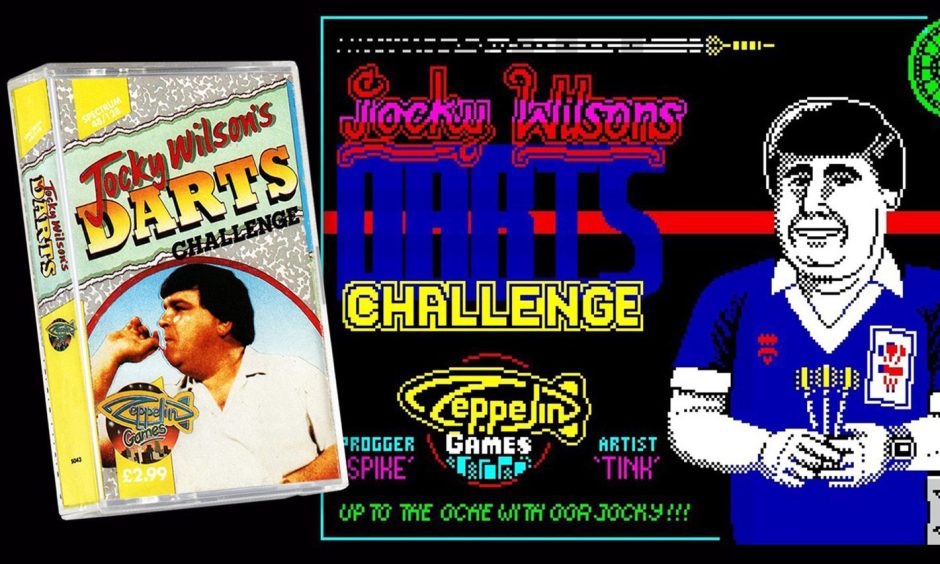
Fife darts legend Jocky Wilson threw his name behind a computer game in 1989 – and paved the way for global superstars like Tiger Woods to follow.
The beloved Kirkcaldy native joined the likes of Daley Thompson, Steve Davis and Gary Lineker in the digital realm when Jocky Wilson’s Darts Challenge came out.
Athletes endorsing video games would prove to be lucrative for the stars and the companies involved.
So Jocky, leaning into the future, as he did at the oche, was not only a two-times world champion, he was someone who could add the title “pixel pioneer” to his list of accomplishments.
The famous Fifer, who liked a pint and a cigarette – and wine gums – had made a savvy business decision.
It was one that would also be taken by Tiger, cricket great Brian Lara and skateboarding star Tony Hawk, among others.
In-app purchases from sports games was recently estimated to generate around $2 billion and athletes are now hitting the bullseye thanks in part to Jocky’s judgement.
Playing Jocky Wilson on computer was ultimate challenge
Jocky, of course, wasn’t your archetypal sporting champion.
Jocky’s regular alcohol intake during his heyday at the oche was lager chased by “seven or eight vodkas to keep my nerves so that I can play my best”.
He would bring his own optic to tournaments.
Darts was in its terrestrial television heyday in January 1989 when Jocky defeated Eric Bristow 6-4 in the final to clinch his second world crown at Lakeside.
The victory earned him £20,000 before his foray into the world of gaming.
Jocky Wilson’s Darts Challenge by Zeppelin Games was priced £2.99.
It was released for the Amiga, Atari, Commodore 64 and the ZX Spectrum, which was being manufactured by an army of women at Timex in Dundee.
Whereas most applications today load instantly, games had to be loaded using a cassette recorder connected to the computer.
This could take up to 20 minutes but was not seen as a drawback at the time.
The game options included head-to-head, round the clock and 16-player tournament where you could take a crack at Jocky himself in the “ultimate challenge”.
Talk about magic darts.
Jocky Wilson’s Darts Challenge received good reviews in computer game magazines, which people had to rely on for information before the internet existed.
ZX Spectrum game was ‘addictive’
In March 1989 ACE gave the game 7/10.
Crash gave the game a score of 54% in a review packed with stereotypes of hard-drinking, cigarette-smoking, middle-aged men with double chins.
“Flushed with the success of winning the Embassy World Darts Championship Jocky Wilson has gone and got himself a darts game,” said Crash.
“It’s one of these games where all you do is aim the wobbling dart somewhere near the place you want it to go and hope for the best.
“You would have thought a beer drinking tournament would have been included but alas all you get is the screen where you throw the dart and an aerial view of some beer belly throwing a dart at the board.
“It’s a fair simulation and I’m sure fans of the sport will rush out to buy it.”
Sinclair User in March 1989 described the game as “addictive” despite the reviewer admitting to loathing darts “in every form”.
“The thought of spending any time at all playing a game based on the beery antics of the fattest men in the country didn’t do much to excite me,” he said.
“So imagine my disgust to find that Jocky Wilson’s Darts Challenge isn’t a dreadful flask of cat squirt after all.
“In fact it’s very good indeed.
“Obviously I never managed to challenge The Jock himself, but I was surprised quite how addictive I found this game.
“Even though I loathe and despise darts in every form, Jocky W had me reasonably enthralled for a lengthy period.”
Enough said.
There was a sequel to Jocky Wilson computer game
Following the success of the first game, there was a sequel called Jocky Wilson’s Compendium of Darts, which was released in 1991.
It wasn’t too shabby.
Gamers were urged to test themselves “against beer swilling fat blokes down the pub, or try the more challenging and leaner tournament mode”.
They did.
The game was another success but just a few months after its release the sun began to set on the ZX Spectrum.
It was officially discontinued in 1992.
A trip to John Menzies would never be the same again.
Nintendo and Sega represented the new order and became kings of the gaming world.
Jocky didn’t last much longer at the top of the professional game, his demise mirroring the fall of home computers.
The old guard were gradually beginning to fade out.
Jocky’s final appearance in a televised tournament came in the 1995 World Matchplay where he lost to Nigel Justice in the second round.
He never formally announced his retirement from darts.
He simply departed from the sport suddenly on December 23 1995.
Sadly, the money all disappeared.
He died on March 24 2012 at his home in Kirkcaldy.
From the oche to the small screen to the stage…
His name remains synonymous with darts and his computer game evokes nostalgia in many who grew up in the 1980s during the golden age of the sport.
Just ask Grant O’Rourke.
The Outlander star used to play the computer game when he was a youngster.
He would portray Jocky in a one-man stage show at the Edinburgh Fringe in 2017.
“I was four when he won his first world title in 1982,” said Grant.
“We always watched Bullseye in our house and my brother had Jocky’s video game – he was the first sportsman to have a video game licensed after him – so I was well aware of who he was.
“You look through rose-tinted glasses at a local champion, but there was a real quality about him.
“Jocky was a humble guy who loved his family and was trying to provide for them.
“He just happened to have this extraordinary life.”
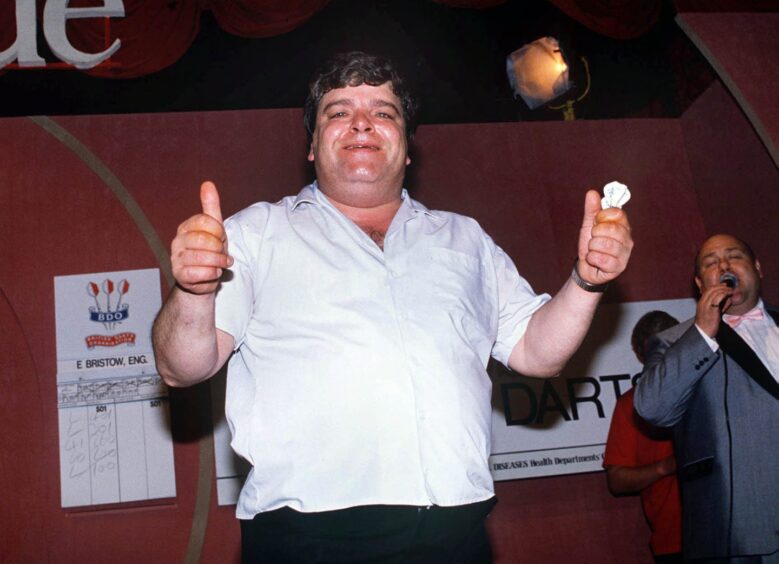
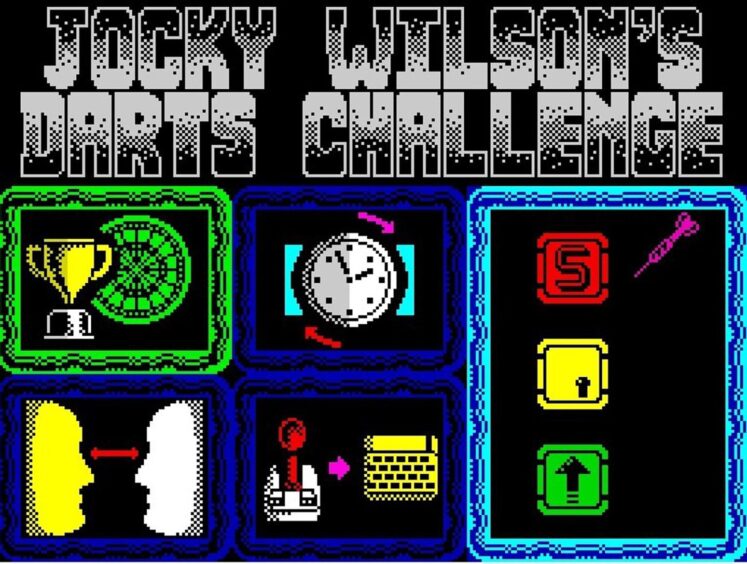
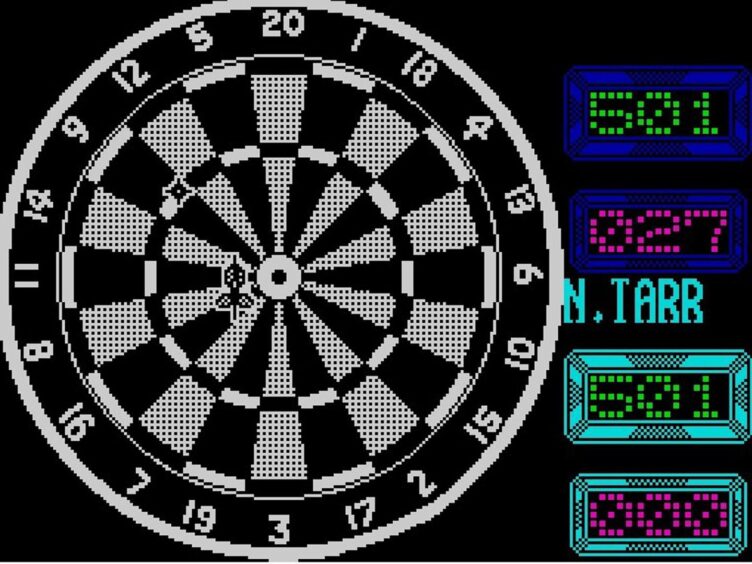
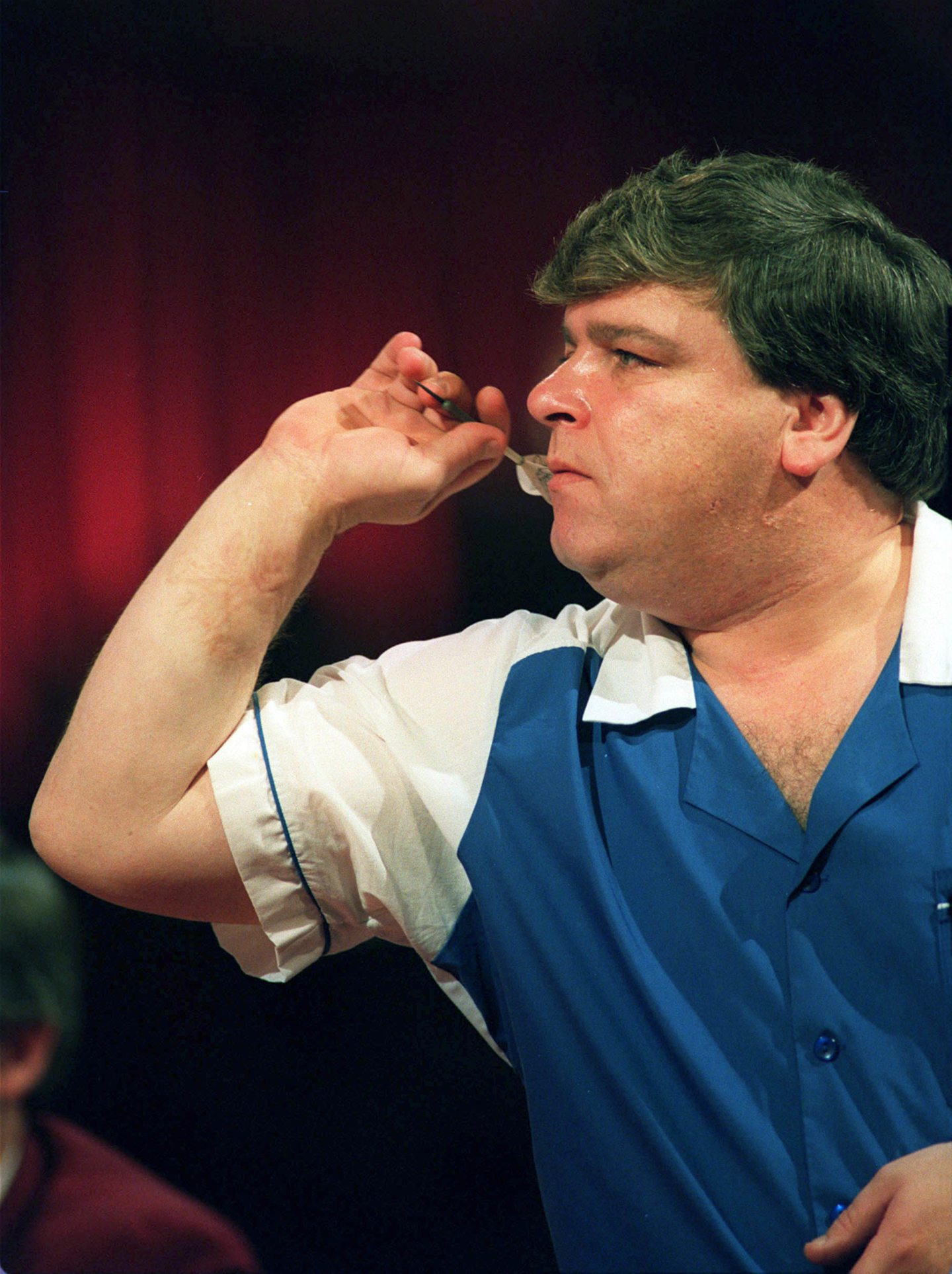
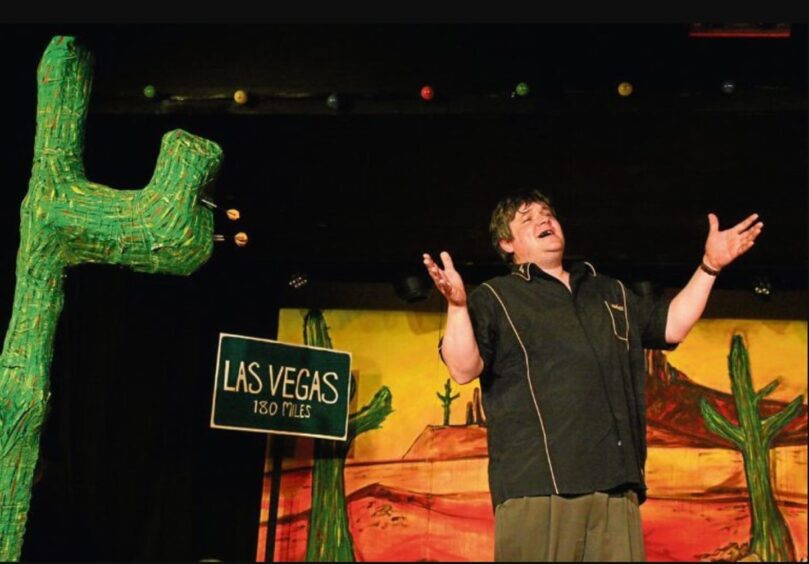
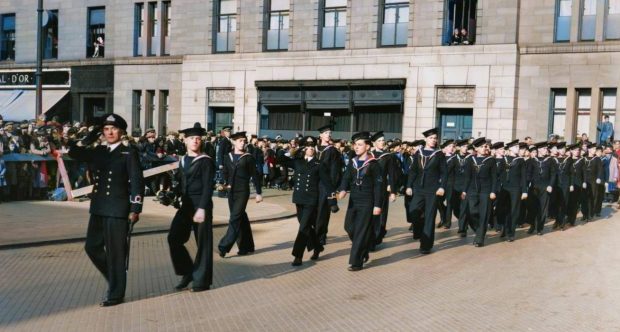
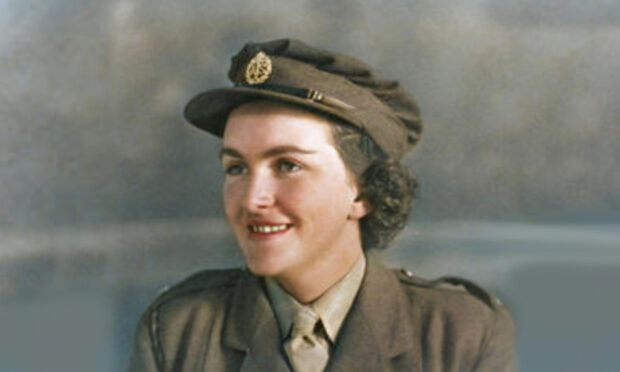


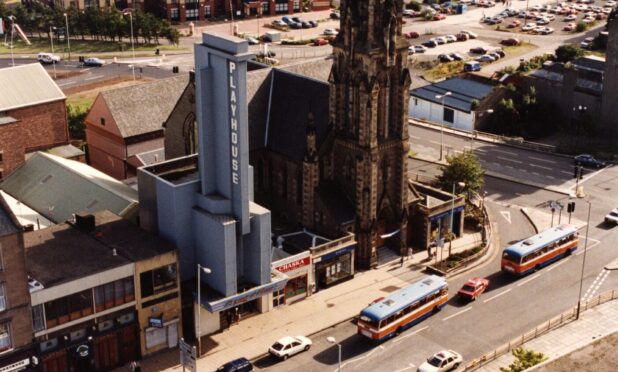
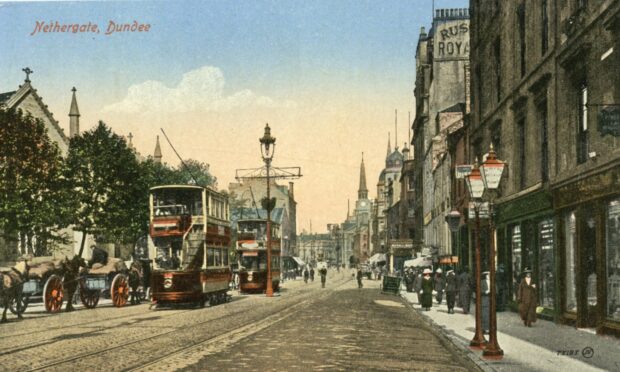




Conversation